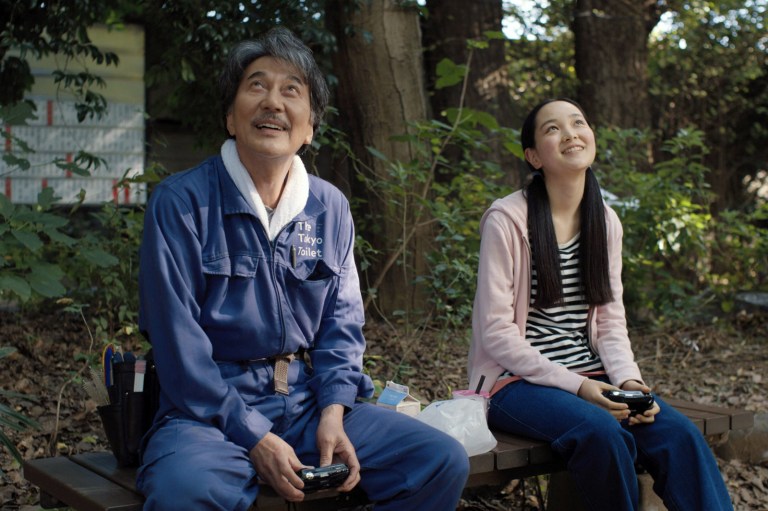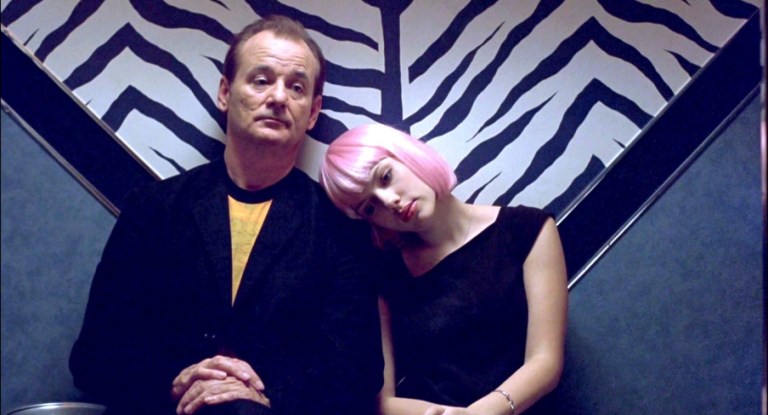
The Law Of Mirroring Explains Why You Keep Attracting The Same People, Places And Problems
The Law Of Mirroring or the Law of Reflection, explained.
The law of mirroring is one of the 12 universal laws, and is sometimes referred to as the law of attraction, though they are not exactly the same thing. The law of mirroring explains that we aren’t only attracting certain circumstances into our lives, we are actually getting glimpses of who we are through how we perceive others. That which is painful can teach us where we need to heal. That which is joyful can teach us where we are doing well.
Life is not happening to you, it is a reflection of you.
There’s an incredible secret about life that truly powerful and fulfilled people understand, and very few others do. Everything is feedback. When there seems to be a consensus in the way that people respond to you, or a pattern of failed relationships, or a manner in which you are consistently let go of jobs for underperforming, people begin to respond one of two ways.
Most assume the world is unfair and they are victims of its injustices. But the outliers move in a different direction. They begin to understand that the world is not targeting them. It is responding to them.
Anaïs Nin said it like this: “We see the world not as it is, but as we are.” Iyanla Vanzant said it like this: “What we love in other people is what we love in ourselves. What we hate in other people is what we cannot see in ourselves.”
The point is that the extent of our perception of the world is reliant on how well developed our minds are. There’s extensive research to back this up: people aren’t capable of expressing empathy until they can identify a similarity between them and a stranger. Once they can relate to someone else’s circumstances (even if they are as basic as ‘that person is also a mother,’ or ‘that person is from the town I grew up in’) they’re able to show compassion and understanding.
Our conscious minds are inherently limited. Most of the work our brains do happens without our awareness. (Some estimates suggest that the subconscious mind accounts for 95% of our mental and physiological processes.) At the same time, our eyes, ears and other senses are working in tandem with our brains to filter through everything we are picking up on, and selecting only the most pertinent information to bring to our conscious awareness. (This is why it’s easier to worry than it is to be grateful, the mind prioritizes potential threats.)
But what many people don’t realize is that this also means a lot of the patterns and behaviors that account for our day-to-day interactions with the world happen without us realizing that they are. Fortunately, the world serves as sort of a mirror: we can become aware of how we are by seeing how we are being responded to.
If you really want to know how well you are doing in life, take a look around you. No one single circumstance makes a statement about who you are, but ongoing patterns, relationships and behaviors aren’t random. If you are constantly finding yourself in painful relationships, it is a sign that there’s something unhealed within you that needs to be addressed. If you find yourself consistently feeling excited and at peace with life, it is a signal that you are living in alignment, or that you are behaving in accordance with your values, desires and needs.
It is far easier to believe that the world is random, and unfair, and that we get what we are given. It is easier because it allows us to relinquish responsibility, and therefore, control. When we are victims, we shout loudly into the void about it, because we mistakenly think that just because something isn’t our fault that it isn’t still our problem. People with severe victim mindsets often complain the most not only to elicit attention and sympathy, but because they actually believe that as they didn’t create the problem, expressing to the world how terrible it is will convince someone else to fix it.
That’s not how life works, and that’s why those people consistently find themselves in the same situations, over and over again.
There are many different ways to interpret this, but one of the most popular is the law of mirroring. It’s one of the 12 universal laws, and functions on the belief that as existence is more or less an energetic matrix creating more and more of that which we put out, what we consistently experience in our lives is not random: it’s a way to experience ourselves. The belief here is that this all serves the ultimate goal of life, which is for consciousness to experience itself.
If there is anything we could change in a child, we should first examine and see whether it is not something that could be better changed in ourselves. – Jung
Beverly Blanchard explains it like this:
“The Law of Reflection deals with the fact that everything you see is only a mirror reflection of that which is within you. This is one of the hardest laws for people to understand and accept because we like to think that it is outside people or circumstances that are causing us to be happy or angry. Since everything is vibration it is you who is attracting these external situations to you. Hence, that individual who irritates you has come into your life because that is an active vibration within you. That irritable person is mirroring that which exists within you.”
In that is the entire reason the law of mirroring exists: if we never become aware that we are harboring and sustaining a certain vibration, we can’t embrace it or shift it to alter the experience that we want to have.
In understanding that we are ultimately responsible for that which makes us most uncomfortable in life, we are given a profound gift, and that is to create change.
Because the other side of understanding that what you are experiencing is what you’ve chosen to experience whether by subconscious attachment, unconscious patterning and behaviors, conscious beliefs or matching vibrations, you then free yourself to choose again. This is what people mean when they say that life is 90% how you respond to the 10% of what happens: the ultimate quality of your life is up to you. How you think, feel, and what you do each day is more within your ability to control than you were ever lead to believe.
One way to use the law of mirroring to your greatest advantage is by building your life through something called reverse engineering. Decide where you want to be in a year or five, and then break down what you would need to do each day, week and month in order to arrive at that goal. This helps you become more aware of what you’re doing each day and how it’s contributing to whether or not you’re living the life you want to be.
The difference between people who are decidedly self-empowered and take responsibility for their lives and people who feel anxious, helpless and constantly the victim of their circumstances is this: an internal vs. external locus of control.
Gillian Fournier explains that a locus of control is the “extent to which people believe they have power over events in their lives.” People with an internal locus believe that they are ultimately responsible for the outcomes in their lives, and so they feel compelled to take action on them. Someone with an external locus believes that what happens is outside of their control, and therefore, there’s no point in trying.
Needless to say, research shows time and time again that people with an internal locus of control have better psychological wellbeing.
Because at the root of understanding that you are in control of much more of your life than you think is realizing that what’s happening around you is, for the most part, not random. How you interact with people, how well you do in your career, how healthy you are, the people you spend the most time with, your financial health and so on and so forth are all things that are mostly influenced by you. Of course there are some external factors that can hinder or support your progress. But ultimately, the work is your own.
Understanding the law of mirroring puts you back in the driver’s seat of your life. It reminds you that everything that bothers, disturbs or discomforts you in life offers you an opportunity to grow, shift and expand… and move ever closer to the life you know you want and are meant to live. ![]()










